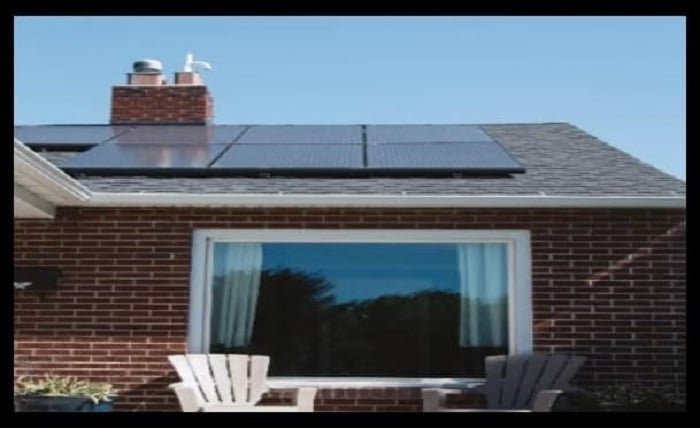At present, the development of photovoltaic technology around the world is showing a diversified trend. In the exploration of the energy field, photovoltaic power generation technology is leading a green energy revolution, with the acceleration of globalization, the global photovoltaic market scale continues to expand, and photovoltaic installed capacity has rapid growth. With the increase in demand for renewable energy and further technology innovation, photovoltaic power generation will continue to grow. As well as the world scientific and technological revolution to carry out, many technologies have achieved many achievements, photovoltaic power generation technology is a good example, it can not only generate electricity on the roof but also in other fields, photovoltaic power generation technology is mainly aimed at paving the way for a green future.
Application Fields of Photovoltaic Power Generation Technology
The Combination of Photovoltaic and Energy Storage Technology
With the large-scale integration of renewable energy into the power grid, how to ensure the stable operation of the power system has become an important issue. In this case, the combination of photovoltaic and energy storage technology becomes a solution. By equipping the photovoltaic system with energy storage equipment, excess electrical energy can be stored and released when needed, thereby improving the stability and reliability of the power system.
The Rise of Distributed Photovoltaics and Home Photovoltaic Systems
In recent years, distributed photovoltaic and home photovoltaic systems have been developed rapidly. These systems are often installed on the roof of a building or on top of a facility, which can power the building and reduce dependence on the traditional power grid. In addition, home PV systems can also feed excess electricity back into the grid, creating an additional source of income for the household.
Rural and Remote Areas
In rural and remote areas without electricity, such as plateaus, islands, and pastoral areas, solar photovoltaic power generation is spread all over the place, such as villages, schools, hospitals, restaurants, guest houses, shops, etc. To solve the problems of daily life in areas without electricity, even irrigation problems and so on. Agricultural infrastructure such as rooftops of owned houses, vegetable greenhouses, fish ponds, etc. Rural areas are usually not in the public grid and the quality of electricity is poor.
Photovoltaic Technology and Architecture Integration
In recent years, photovoltaic + carport replaced the traditional carport roof with photovoltaic modules, not only to provide shelter from the wind and rain for the vehicle, but also to convert solar energy into electricity, power the surrounding facilities, make full use of the existing site, and the simple installation cost is low, which is loved by many regions.
Contact of Photovoltaic Technology with Highways
It can effectively use land and space resources, and power transmission is very convenient, not only can provide a source of green electricity for the endurance of passengers’ vehicles, but also ensures the lighting and daily operation of service areas, rest areas, and gas stations. At the same time, these highways and service areas combined with photovoltaic panels are also beautiful scenery on the journey of passengers. The model of the “highway + photovoltaic” power station continuously provides convenience for people on the road and also saves costs and energy.
Applications in Other Fields
Such as solar spotlights, solar stoves, solar trash cans, solar chargers, solar advertising light boxes, and so on. There are also high-tech applications such as satellites, spacecraft, and space solar power plants. The use of idle lands such as barren hills and slopes, saline-alkali land, and abandoned coal mining areas to develop ecological photovoltaics and build photovoltaic power stations can achieve a double harvest of environmental protection and economic benefits, and at the same time, these abandoned lands can be recuperated.
Conclusion
Overall, the PV industry has great potential for development, and sustainable development and technological innovation will drive its future growth. Government support and the growing global demand for renewable energy will provide more opportunities and development space for the PV industry. It is believed that shortly, photovoltaic technology will cooperate and develop with other fields not involved in the development and further innovation, to contribute more to the world environment and people’s life safety and happiness.

